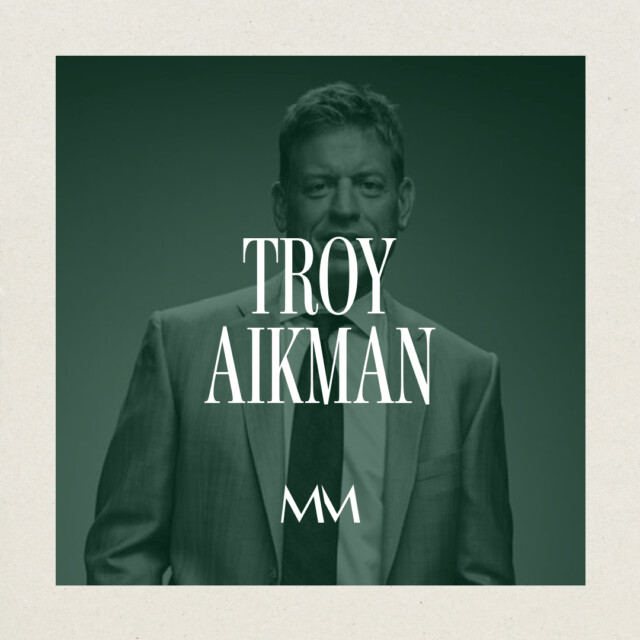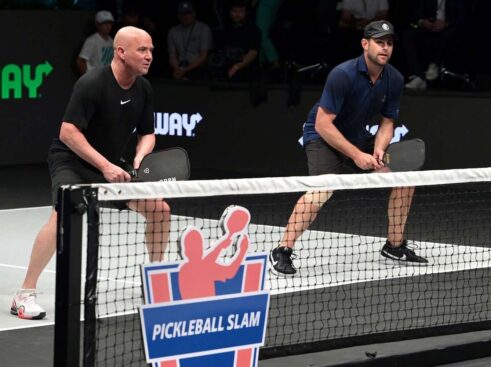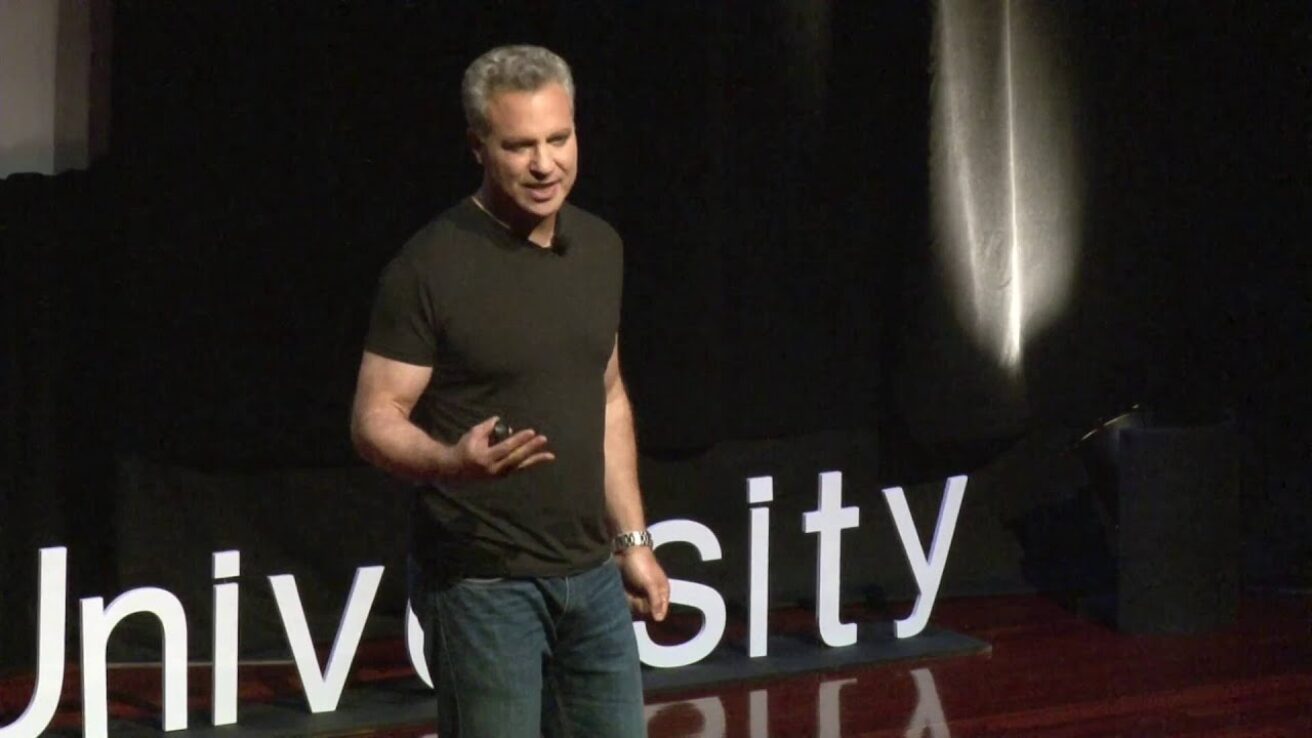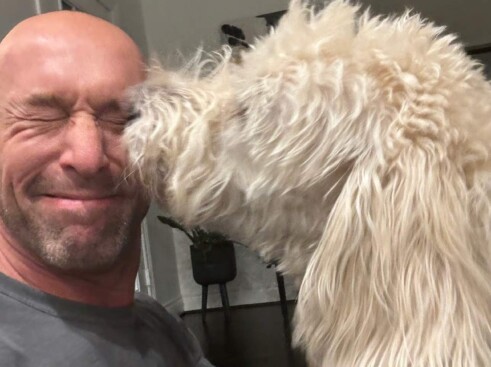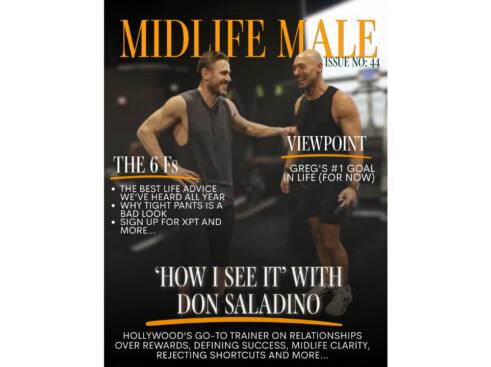Dr. Adam Dorsay is a licensed psychologist and executive coach in Silicon Valley where he serves high-achieving adults (including professionals, executives, entrepreneurs, and professional athletes).
Adam is the host of SuperPsyched, an award-winning podcast with over 200 episodes available on all platforms. He has given two highly regarded TEDx Talks: one about men and their emotions and the other about friendship in adulthood and his new book, Super Psyched: Unleash the Power of the Four Types of Connection And Live the Life You Love.
Please enjoy this week’s How I See It with Dr. Adam Dorsey.
Greg Scheinman: What’s your take on curation and how it aligns with your philosophy of creating more and consuming less?
Dr. Adam Dorsay: I’m really big on the idea of creating more and consuming less, but in my current mindset, I see it as creating through curation and exploration of what truly interests me. How do we cut through all the noise and figure out what’s meaningful? It’s about discovering where to go, what to do, and who to trust. And beyond that, I see my creation as amplifying other people’s work—whether that’s products, books, brands, or events. I want to say, “Hey, this is worth your time, and this other stuff—don’t bother with it.”
Greg Scheinman: It sounds like you and I would have a blast geeking out over that kind of stuff!
Dr. Adam Dorsay: Exactly! It’s how we got connected in the first place. Our mutual friend and publisher Naren Aryal, texted me, “You’ve got to meet this guy, Greg,” and when someone like him makes a recommendation, you don’t question it—you just say yes. There’s this automatic trust that builds over time among men like us, and it’s cool because you know there’s a genuine alignment.
Greg Scheinman: You mentioned how some people seem naturally wired to wake up happy. What do you think about that?
Dr. Adam Dorsay: It’s true. There’s actual research on this—about 50% of our happiness is genetically set, according to studies by people like Sonja Lyubomirsky. Some people are just naturally more cheerful. But for the rest of us, or even those in between, we need to find what makes us tick, what gets us excited in the morning. It’s about finding that starting point.
Greg Scheinman: You talked about the pressure of social comparison. How do you deal with that?
Dr. Adam Dorsay: Oh, man, social comparison starts young, right? I remember in junior high, seeing people and thinking, “I want to be that guy.” We still do it as adults—whether it’s the nicer car or the bigger house, we compare ourselves to others and assume they have it all together. But we know now, scientifically, that a lot of the time, those external things don’t correlate with happiness. Someone might have a beautiful house, but everything else could be falling apart. The key is to focus on being a better version of ourselves today than we were yesterday.
Greg Scheinman: Is it natural to want to compare ourselves?
Dr. Adam Dorsay: Absolutely. On one hand, you want to be friends with these people, but on the other hand, you compare yourself and think, “Well, they must be miserable.” It’s a natural reaction, but the point isn’t to get righteous about it. It’s about focusing on how we can be better. In psychology, there’s a term for this—ipsative, which is about comparing yourself to your own past self, rather than others. It’s about personal growth, not measuring yourself against someone else’s achievements.
Greg Scheinman: That’s powerful. How does connection play into this idea of growth and fulfillment?
Dr. Adam Dorsay: Connection is everything. After spending years interviewing people and working with clients, I found that connection was the common denominator in everything—whether it’s connection to yourself, others, the world, or something greater. It all starts with connecting to yourself. If we’re not in tune with ourselves, every other connection is limited. Then there’s connecting with others—our family, friends, colleagues. Adult friendships are crucial, yet we often forget about them. The third realm is connecting with the world—whether that’s through nature, art, music, or festivals. And finally, there’s connecting with something greater, which could be God, or simply the awe of being part of something bigger than ourselves.
Greg Scheinman: Why do you think we’ve lost that sense of connection?
Dr. Adam Dorsay: I call it the “red herrings” of life. We think that being constantly connected on social media means fulfillment, but it’s often just a distraction. We chase things that don’t really lead to happiness—whether it’s material success or social media validation. Fulfillment comes from intentional living. If we took a hard look at how we spend our time, we’d realize so much of it is wasted. Being intentional is key—how we use our time, how we engage with the world. It’s about focusing on what truly matters.
Greg Scheinman: It sounds like being intentional is a big part of how you live your life.
Dr. Adam Dorsay: Exactly. I believe in living intentionally and using my time wisely. It’s about knowing what’s important and making sure my time reflects that. We all have a limited amount of time, and I want to make sure I’m using it to connect deeply—with myself, with others, and with the world.
Greg Scheinman: You mentioned something earlier that really struck a chord: living while you’re living. Can you explain more about that and how distractions can get in the way of that mindset?
Dr. Adam Dorsay: It’s so easy to get distracted in life. I find myself going through my own mental checklist and asking, “Am I really doing what I should be? Is how I’m being perceived actually who I am?” It leads to self-doubt—could I be doing more or less? It’s a constant balancing act. And you’re right—there’s a focus on maximizing and transforming, but those are such extreme goals. It’s more about asking, “Can I do better? Just a little better?”
Greg Scheinman: It seems like society pushes us toward constant optimization. How do you view that?
Dr. Adam Dorsay: We’re always being pushed to maximize, transform, and hit extreme goals, but that can be overwhelming. When I wrote Super Psyched, it wasn’t to suggest that people should be super psyched all the time. It was about being super connected to your psyche—your mind, your mental well-being. And it ties into what Barry Schwartz calls the “paradox of choice.”
We have so many options these days, and it leads to this anxiety of, “Am I choosing the best one?” But instead of agonizing over that, we should focus on choosing something that makes us feel alive and stop worrying about the road not taken.
Greg Scheinman: That reminds me of travel planning. I was just talking about visiting my son in Italy, and the conversation quickly became about where else we should go. Why do we feel the need to “do more” when we should focus on the present?
Dr. Adam Dorsay: That’s such a perfect example. You’re planning this amazing trip to Florence, and suddenly the conversation shifts to, “Where else should we go while we’re in Europe?” It’s like we can’t just enjoy being in Florence—we start thinking we need to visit five other places to make the trip worthwhile. But that’s where we lose the vitality of the moment. Instead of maximizing every second, why not focus on enjoying the time in Florence with your family, really soaking it in? The experience itself should be enough.
Greg Scheinman: It’s almost like we set these imaginary benchmarks or feel the need to tell a great story afterward. Is that what’s driving us to constantly try to maximize every experience?
Dr. Adam Dorsay: Absolutely. It’s like Paul Rudd said—there’s this pressure to come back from an experience with an epic story to tell, as if that validates the trip. And Adam Sandler joked about it on SNL, saying, “If you’re not happy here, you’re probably not going to be happy in Italy either.”
We do this thing where we imagine an audience judging our trip: “Did I go to all the right places? Do I have a good story to share?” Instead, we should be asking ourselves, “Was I stoked in the moment? Was I engaged and present?” That’s enough. It’s not about ticking boxes or impressing anyone; it’s about whether the experience felt meaningful to you.
Greg Scheinman: So how do we break free from that mindset of trying to maximize every experience?
Dr. Adam Dorsay: It’s all about shifting your focus from external validation to internal fulfillment. Instead of thinking, “What will people think of my trip?” ask, “Was I engaged? Did I connect with the experience?” We have this imaginary audience in our heads, but the truth is, they don’t matter. What matters is whether you felt present and fulfilled in the moment.
